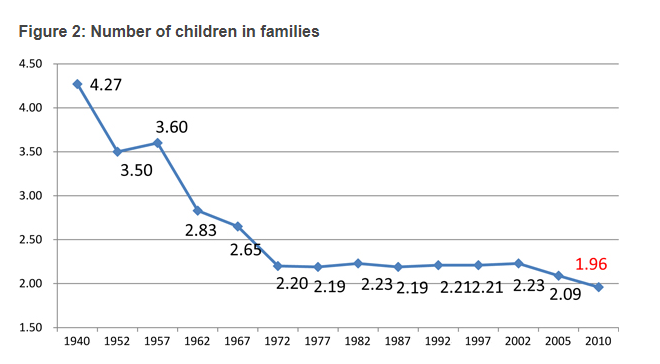SOUTH KOREA
South Korea Has The Lowest Fertility Rate In The World And That Doesn’t Bode Well For Its Economy
In South Korea, the fertility rate — the average number of children born to a woman in her reproductive years — is now 0.78, according to figures released by the Korean government in February. It could be years before the country can reach the 2.1 rate that experts say is needed for a country to maintain a stable population without migration.
South Korea is far from alone. In 2020, the United States saw 43 states register their lowest fertility rates in at least three decades. And the U.S. Census Bureau projects that by 2034, people 65 and older will outnumber those under the age of 18 for the first time in U.S. history. In January, China also recorded its first population decline in decades.
South Korea’s fertility rate fell below the level needed to sustain a population in the mid-1980s, and it never recovered. It is now below one child per woman during her reproductive years. Texas A&M sociology professor Dr. Dudley Poston explains why that’s a problem.
JAPAN

Today, Japanese women on average have just 1.26 children—far below the rate of 2.1 children per woman , considered by demographers as necessary to maintain a stable population. Up to 42 percent of adult Japanese women and 50 percent of men will not have children in their lifetime, according to government estimates.
